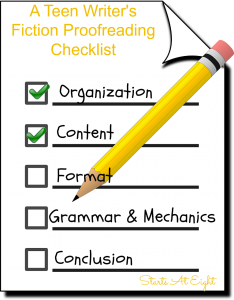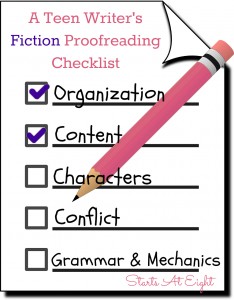5 Essay Writing Hacks for College Students
Writing is an essential part of college life. Whether you are taking philosophy, English lit, and even computer courses, writing is a college mainstay you want to master. Here are some essay writing hacks that will help you excel at college writing assignments.

5 Essay Writing Hacks for College Students
Essay writing is an integral part of the college experience for most students, even those focusing on STEM subjects that are usually not particularly writing-centric. In a way, STEM students have it harder than their humanities-focused peers, because they have fewer opportunities to get used to working on their essays, and thus get into trouble every time they have to write one. It does not matter what your problem with essay writing is; all you have to understand is that you do not have to be a natural-born essay paper writer to produce high-quality papers.
It is all about streamlining the process. Create a routine you always follow when you work on your paper, learn the right techniques, and carefully apply them every time, and you will soon get the hang of it. In this article, we will cover some of these techniques – those that actually work.
1. Use an Argumentative Thesis
The thesis is the foundation of your essay and its most important part. You should spend some time formulating it before you start writing the essay per se. And the best theses are supposed to be argumentative (unless you are directly instructed otherwise). This means that you should make a claim that someone can disagree with – there is little sense in making self-evident statements. So how do you make sure your thesis is argumentative enough? Here is a foolproof way to do it: think of another take on the subject (preferably a more obvious one than what you are about to offer) and present your argument in contrast with it. This way you show a potential counter-argument right off the bat, not only proving that your thesis is arguable, but also demonstrating that you have been thinking about your topic and analyzed at least a few different viewpoints before settling down on your own take.
2. Take a Break from Writing
No matter how good a writer you are, there is always a gap between what you think you write and what you actually put on paper. Some things may be so self-evident for you that you presume that the readers understand them as well, which can easily lead to confusion – and it is just one example of how your perception of what you write may differ from that of your readers. Your goal as a writer is to try and lessen this gap somewhat. While it is impossible for you to view your own writing from an outsider’s perspective, you can at least approximate it by taking a break from writing after you have finished your essay. Most writers agree that it is a good idea to set your essay aside for at least a couple of days before you edit and proofread it, but even a couple of hours will do in a pinch. Another way to get an outsider’s viewpoint is to ask somebody to read your essay for you. Ask a friend or hire an expert from a specialized service.
3. Quote Sparingly
Students – especially those of them who have problems with their writing assignments – tend to rely on quotes a little too much. It is understandable – when you struggle with finding what to say, using as many quotes as possible seems like a cheap and easy way to increase your word count. However, this technique is not very good at achieving this goal. The thing is, when you introduce a quote, you are expected to follow it up with your own analysis. In other words, you still have to say something of your own and prove that you have done your research. You cannot just introduce a quote and leave it at that.
While you should think twice before using quotes in your writing, be particularly careful when quoting in conclusions. You are not supposed to introduce new ideas and concepts in conclusions, which is exactly what quotations often do.
4. Do not Put Your Citations Off
If you constantly struggle with citations in your essays and term papers, do not feel bad – even professional writers have the trouble of this sort. You do not have to know the MLA style guide by heart to write good essays. But still, citations are an important part of your grade – in fact, you can get quite a lot of extra points for doing them perfectly. However, doing them all at once may feel overwhelming, especially if you work on a huge assignment like a dissertation. If you put them off and try to do them all at the last minute, you are very likely to make at least some mistakes, and your grade is going to suffer. The best way to avoid it is to cite as you write – this way you will not forget to mention anything, and are less likely to make mistakes out of the sheer monotony of the task. Also, you do not have to do your citations manually – there is a number of websites where you can create your bibliography entries automatically.
5. Shorten Wherever Possible
Here we have somewhat of a dilemma. On the one hand, you are supposed to meet a word count, which is why students are indirectly encouraged to get wordy and long-winded. On the other hand, your teachers and professors expect you to be laconic and express yourself in as few words as possible. As a result, you constantly balance between the wish to use as many words as possible and the understanding that it will probably not do you any good. The second sentiment is correct – while you may be tempted to add a little padding here and there, your teacher/professor will most likely notice it, and it can negatively affect your grade. Therefore, you should try your best to eliminate everything you do not need. Train yourself to do it during the editing phase. In addition, you can easily find online services that can help you with this task.
Of course, using these hacks will not turn you into a top-notch essay writer overnight; they can, however, greatly improve the quality of your writing both right now and in the long run.
More Writing Help






